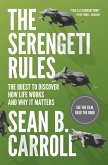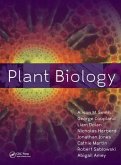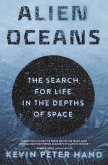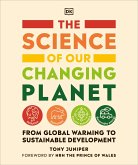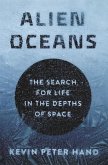"Over the past four billion years of Earth's history, three organisms-cyanobacteria, plants, and humans--have altered the planet in profound ways by harnessing the availability of five key elements. Hydrogen, oxygen, carbon, nitrogen, and phosphorus are the most common elements in all forms of life on Earth, and all five circulate between the biotic and abiotic world in biogeochemical cycles. When organisms tap into stores of these elements and change these cycles, they change the atmosphere, climate, and, by extension, the trajectory of life on earth. In the first part of the book, Porder explains how cyanobacteria and plants harnessed critical elements and how their success in doing so was followed by environmental collapse in the form of ice ages. Porder then turns to human-caused climate change. He explores the dramatic ways humans have altered the cycles of these five essential elements and explains the profound effect our actions have on the planet. Porder concludes by exploring how we can reduce our impact on the Earth-both individually and societally-by reorienting ourselves toward recycling critical elements instead of extracting them from more and more obscure sources. Ultimately, understanding the role of element cycling is essential to understanding how humans came to be so successful and to putting us on a path to a sustainable future"--


